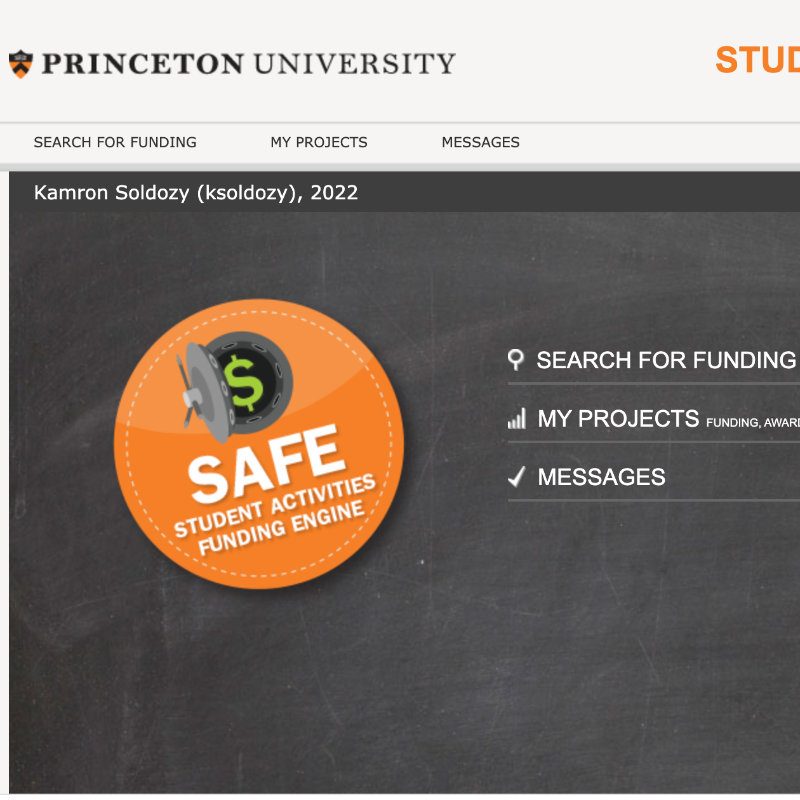At Princeton, we are fortunate to have pretty much unrestricted access to a huge variety of research resources through our libraries– access which is free (or, at least, “free” after tuition…). However, as I have written before on this blog (see here and here), there may be situations where Princeton’s library system does not have the information you need for your research, and you have to venture outward to other libraries and archives, or, in some cases, engage in field work of some kind. Now, access to these resources, unfortunately may not be free. Usually the biggest expense here would be travel, but even given our current no-travel circumstances, research expenses remain in the form of document scans, books, photocopies, and human subject payment (all of which are acceptable uses of funding from the Office of Undergraduate Research (OUR) as of now).





